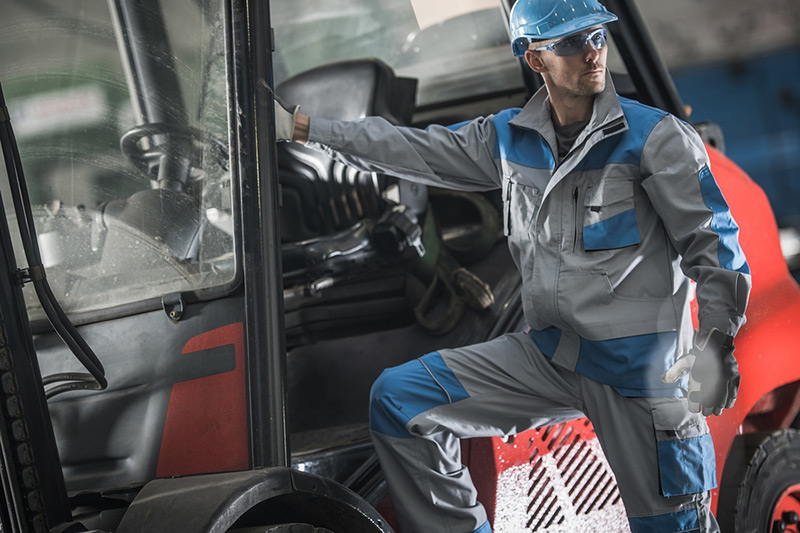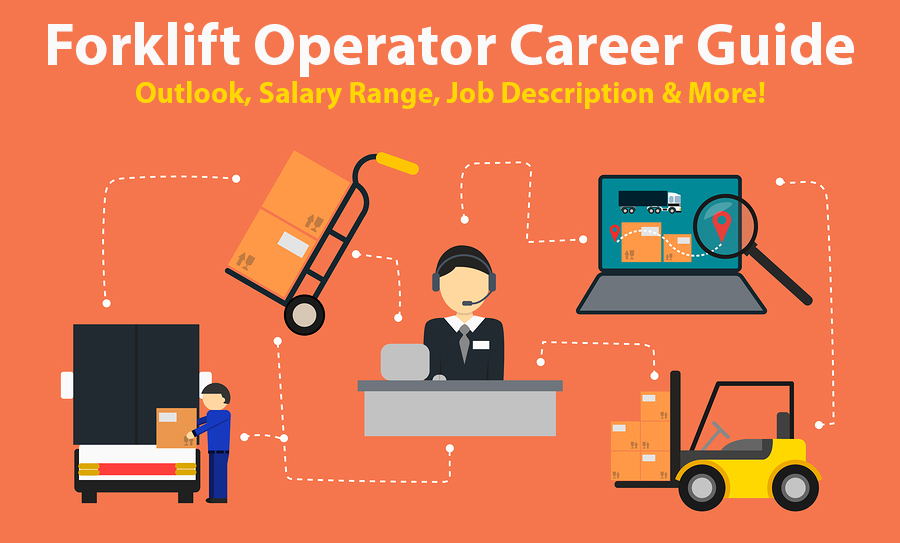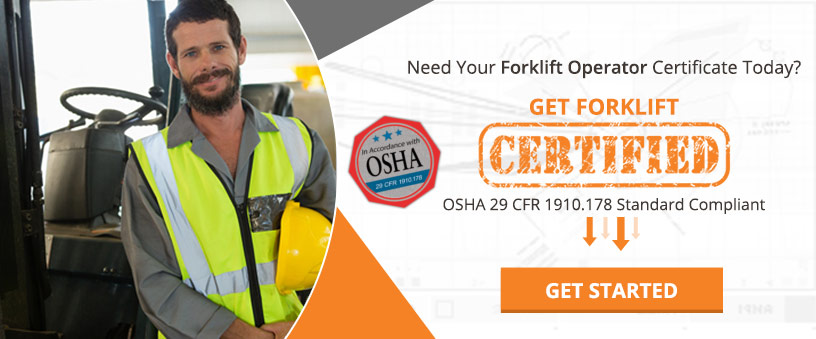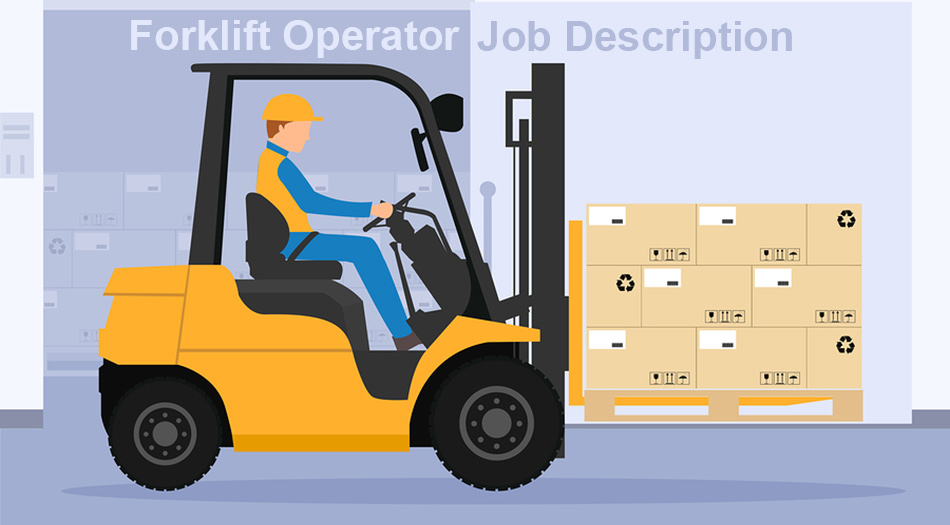Forklift Operator Career Guide: Outlook, Salary Range, Job Description & More!
As more than 5,000 people die on the job every year, one of the ways that workplaces mitigate injuries is through training. A well-trained forklift operator ensures that everyone on site is safe and secure, no matter what industry they’re in. Forklift drivers haul the largest and most dangerous items on a site, and their training stands in the way of problems on the job.
Here are five things to know if you’re interested in becoming a forklift operator in the U.S.
1. What They Do
If you’re looking into a career as a forklift operator, you don’t have to work at one specific kind of place. Moreover, a wide range of worksites employ certified forklift operators and pay them well.
You’ll learn to operate specialized machinery in order to move heavy materials, dangerous chemicals, or objects that aren’t safe to be moved by hand. Additionally, as a forklift operator, you may work inside a warehouse or large storage facility, tracking and moving inventory. As you move objects, you may be expected to take notes about the shipments that you deal with.
If you’re not comfortable making small engine repairs, you don’t need to worry about having to learn all about forklift engines. You can expect personnel with special training to handle any needed repairs.
The machines that you’re dealing with are hazardous, so safety is a must. For anyone who doesn’t have a strong eye for detail, forklift driving is a challenge. Forklift drivers must be aware of their surroundings at all times.
This awareness must persist through all hours of the work schedule, including long days and overnight shifts.
2. Requirements for a Forklift Career
Most certified forklift drivers have forklift training and certifications that qualify them to handle the equipment. Postsecondary training and certificates may be required for many worksite jobs. The job will be manual labor but takes much less of a toll on the body than other types of jobs.
Basic skills in customer service make life easier as a forklift driver. Since there’s a lot of communication on the job, listening and relating to a variety of people’s needs is a skill that comes in handy.
As mentioned, forklift drivers need to have situational awareness. They also need to be aware of safety precautions. OSHA details the hazards forklift drivers could face and should be prepared for.
OSHA also requires that operators perform daily checklists to ensure safety and that the forklift is in good working order.
In exchange for this, forklift operators make an above-average pay. Many forklift drivers make around $35,000 a year for their skills and specialties.
3. Experience Helps
When seeking out a job as a forklift operator, it’s smart to get experience. While it might seem counter-intuitive, most employers want to see a year of experience before hiring anyone. If you’ve gotten your certification recently, finding your first job will be less of a challenge than if you don’t have a certification.
Most forklift drivers get their first job working in entry-level roles at worksites and warehouses. This ensures that drivers get the opportunity to understand how a warehouse or worksite functions. Once they know how things go on the site, their forklift driving experience becomes informed by knowledge of the pitfalls.
Some employers prefer to hire from in-house. This gives aspiring drivers a leg up.
Without experience working in this field, you’ll struggle to understand the basic terminology, weight limits, and where your forklift fits in at a worksite. If you have experience in the industry you’re looking at, highlight that in your application and cover letter.
Use terminology important to your potential employer to let them know that you’re experienced and familiar with what the job demands.
4. Focus On Communication
As stated above, customer service training helps forklift drivers on a day-to-day basis. Being able to communicate clearly, succinctly, and quickly makes workplaces safer. Supervisors and site managers know the value of good communication and prioritize that when seeking new drivers.
Some drivers take courses to train in listening and communication skills. If working in a region or at a site with a heavy multilingual presence, seek out language courses to show your commitment to communication.
Public relations or public speaking experience distinguishes you as a forklift operator who knows how to talk to people. Focusing on communication is a smart way to set yourself apart.
5. Choose Your Certification
Forklift certification programs don’t take a huge time commitment. Often, those courses can be completed in a day or two. Training occurs on campuses or online and isn’t difficult for an experienced operator.
While some certification programs target people who already have experience, other programs are geared toward first-timers.

After basic training, there’s typically a practical exam. During this exam, forklift operators get tested based on how they handle themselves on the machine. There will be site-specific training elements that ensure supervisors and employers that the driver is ready.
Once someone is certified and has been working for a few years, they’re usually eligible to work in a variety of departments. Certifications will be general at first and then include elements specific to your work environment. Preparation requires you to do some research in advance.
A Forklift Operator Needs Training
No matter how much you know about an industry or how things work at a site, every forklift operator needs proper training. Those certifications ensure safety and security for everyone on site. When you get certified, you also earn more than people without any certifications.
If you want to learn more about how to become certified, check out our guide.





